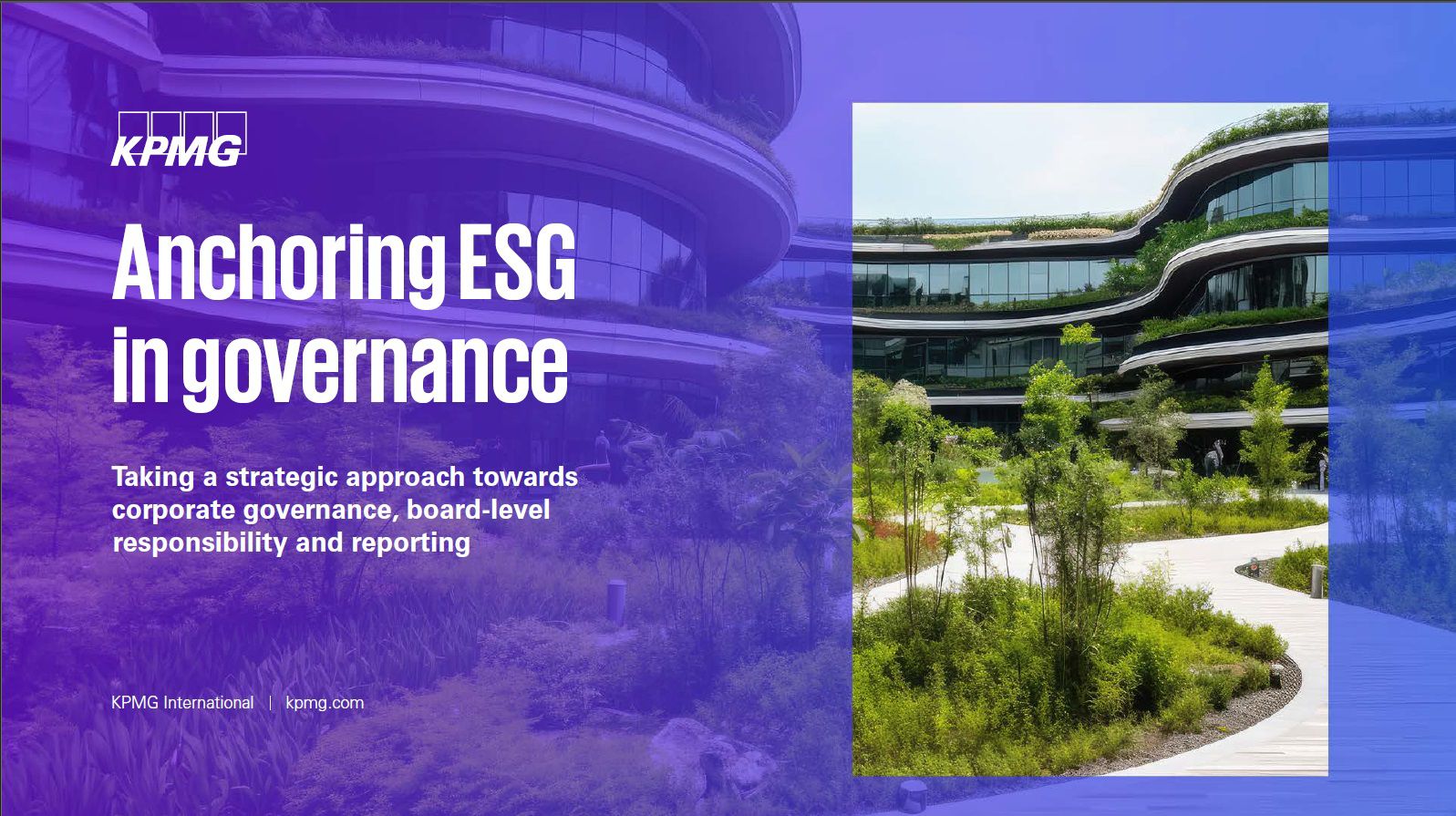Establishing an effective ESG organization within corporate structures is imperative for companies to fulfill regulatory reporting and transparency requirements. This need has become increasingly pronounced, presenting challenges even for companies with well-established frameworks, particularly in anticipation of the Corporate Sustainability Reporting Directive (CSRD).
With the ongoing expansion of ESG responsibilities, units in charge of these areas are faced with growing reporting and regulatory requirements. They must produce more comprehensive reports while strategically developing and implementing work on a wider range of topics ranging from climate change to human rights. At the same time, the complexity of the framework conditions and the standards for implementation, reporting, assurance, governance, and others have intensified. Managing these increasing requirements requires a robust approach with clear roles and responsibilities, processes, and related controls.
With the growing demands placed on units overseeing ESG responsibilities, KPMG has observed that both corporates at the beginning of their sustainability journey and those with extensive experience are grappling with the same question: how to effectively embed sustainability responsibilities across all levels of the organization. This challenge underscores the importance of developing strategies that enable seamless incorporation of sustainability initiatives at every level of operation.
Board of Directors and shareholders are focusing on robust governance as a guarantee that sustainability commitments are met in the long term. At the same time organizations require the flexibility and agility to discover and exploit opportunities for sustainable business growth.
For a deeper insight, we conducted 50 in-depth interviews with chief sustainability officers or equivalent in major companies across multiple countries to find out how group sustainability units operate. We examined how such units are configured at present, what makes them successful and, above all, how they plan to develop in the future. The report also includes research on staffing levels at such units, key topics, and responsibilities, and how they work with boards.
Key findings of this survey
- Sustainability is a board-level responsibility, led by chief executive officers in almost half of the corporates in this research.
- Sustainability-focused organizations are still developing in maturity, including in response to new ESG reporting requirements, such as the European Union’s CSRD.
- Some heads of sustainability feel vulnerable alongside other departments that covet their increasingly high-status work.
You can download the full report below.
Explore
Connect with us
- Find office locations kpmg.findOfficeLocations
- kpmg.emailUs
- Social media @ KPMG kpmg.socialMedia




